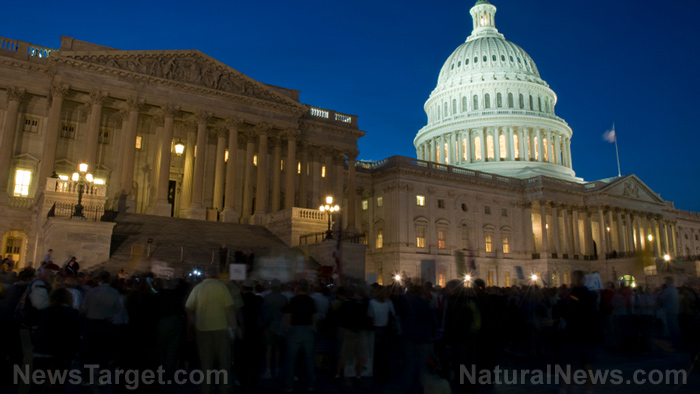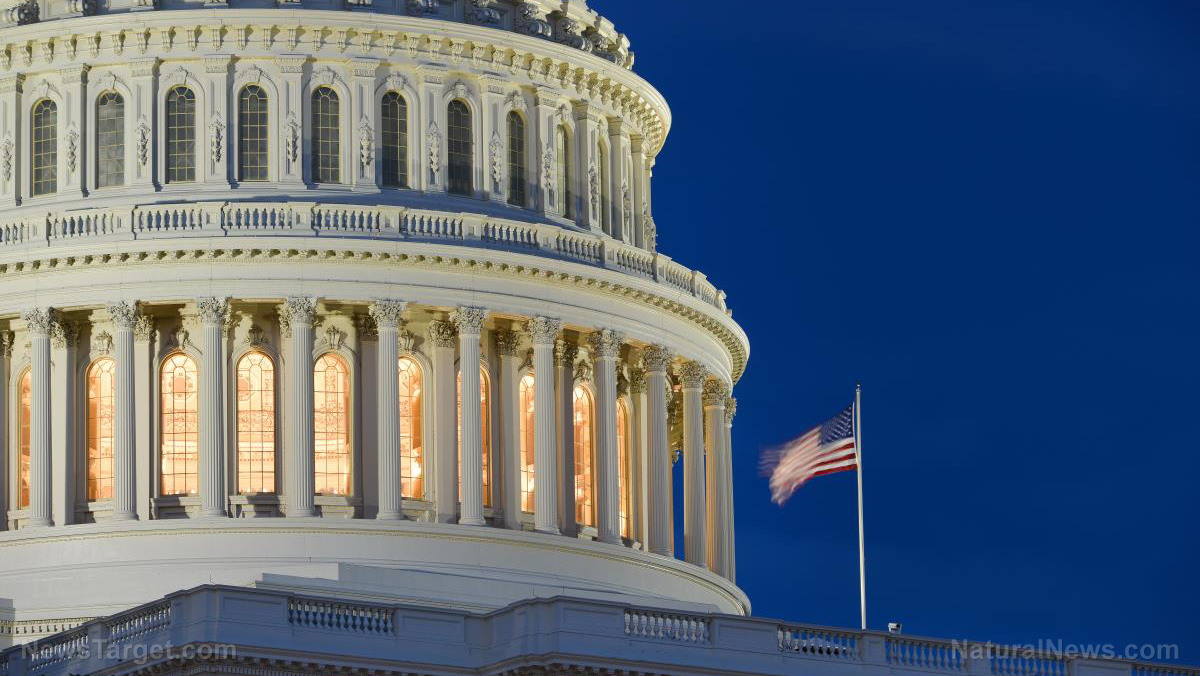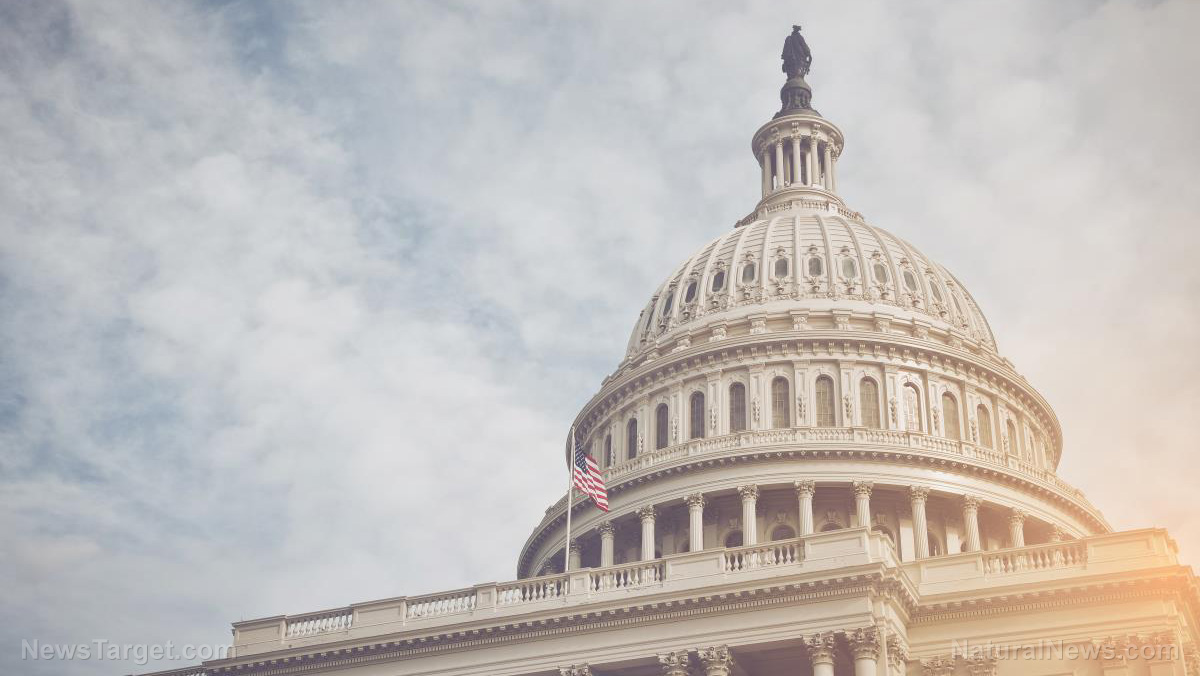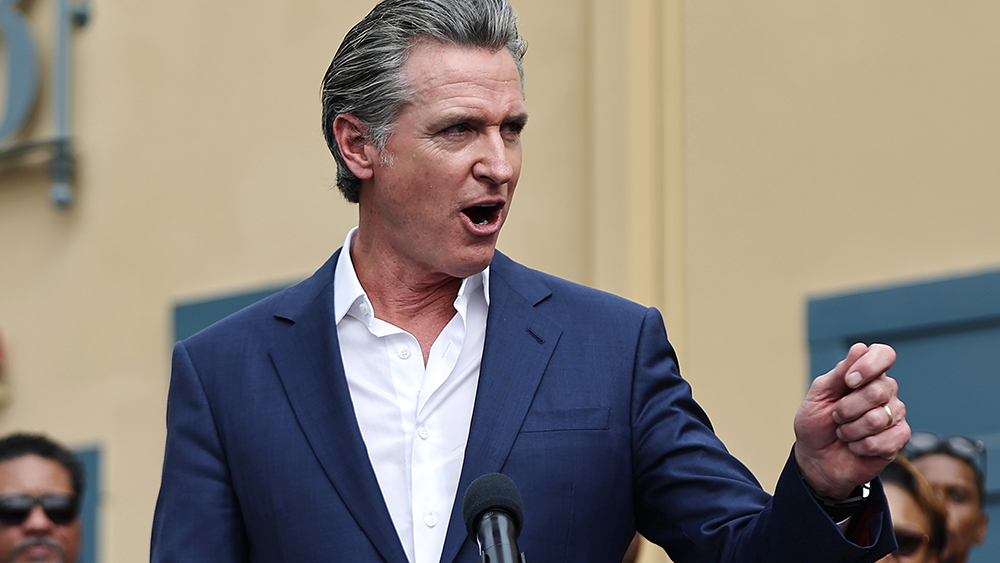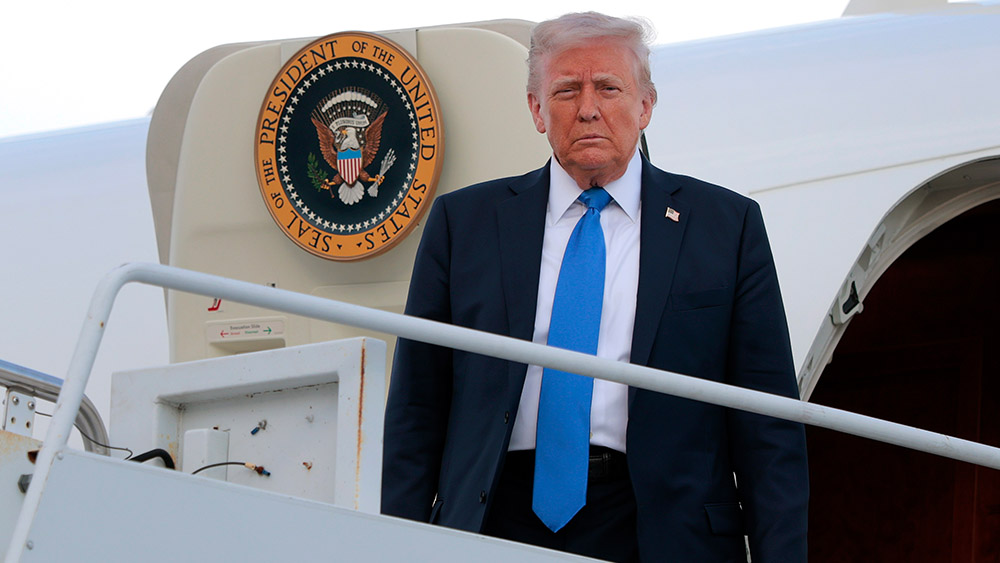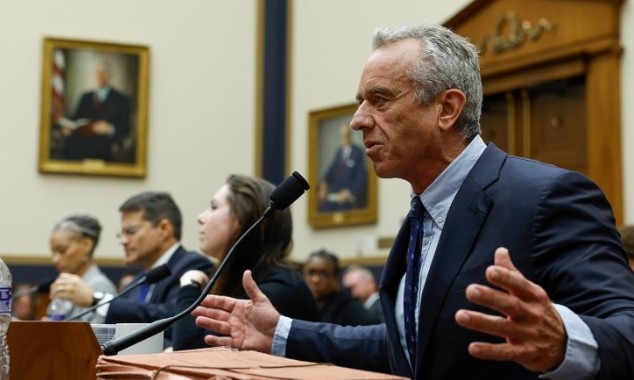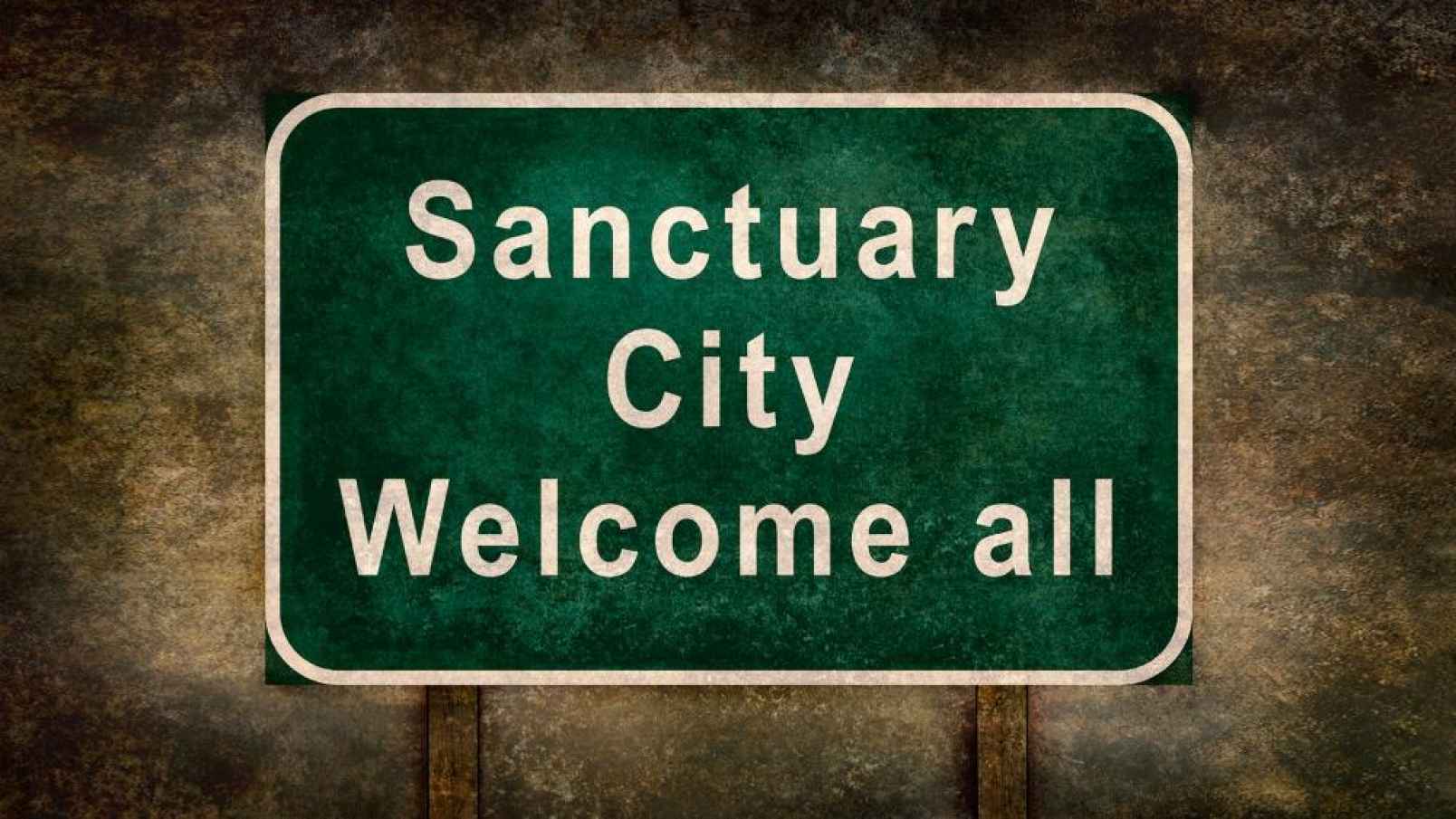A calculated payout: Hochul’s inflation refunds raise questions about fiscal prudence
10/01/2025 / By Ava Grace
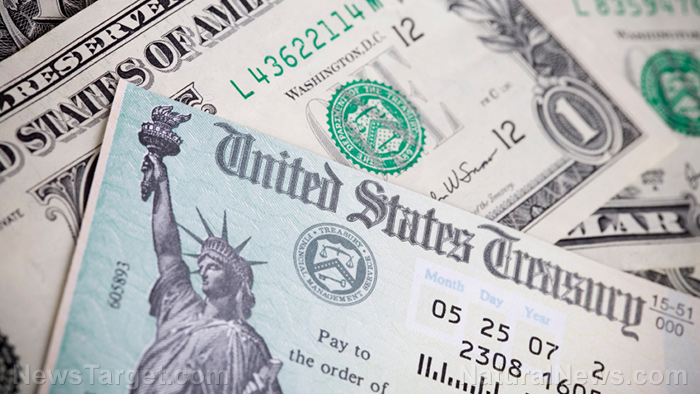
- New York State is automatically mailing “inflation refund checks” to an estimated 8.2 million households based on income and tax-filing criteria, with no application required.
- New York State Governor Hochul frames the program as a moral imperative to return a state revenue surplus, generated by high sales tax collections during inflation, back to the taxpayers who created it.
- The article highlights a central criticism from economists: Injecting hundreds of millions of dollars into the economy risks increasing demand and exacerbating the very inflation the checks are meant to alleviate.
- The program’s high income thresholds mean relief is not targeted to those most in need, and its distribution just before an election cycle raises questions about its political motivations.
- The one-time rebate is criticized for being a temporary measure that lacks the permanence of a true tax cut, creating a risk of public misunderstanding without providing long-term financial relief.
In a sweeping move that directly impacts the wallets of millions, New York State has initiated the mailing of so-called “inflation refund checks” to an estimated 8.2 million households. New York State Governor Kathy Hochul’s administration announced the program, framing it as a necessary return of surplus revenue to taxpayers struggling with the rising cost of living. The checks, which began distribution and will continue through November, require no application and will arrive by mail automatically for those who meet specific income and tax-filing criteria. This massive government disbursement, while providing immediate relief to some, ignites a profound debate over the role of state fiscal policy and the long-term consequences of short-term cash infusions into an inflationary economy.
The mechanics of the payout
The program is structured around income thresholds established from residents’ 2023 state tax returns. Joint filers with an adjusted gross income of up to $150,000 for a $150 payment. The state’s Department of Taxation and Finance is handling the distribution, emphasizing that the mailings are not organized by zip code, meaning neighbors may receive their checks on different schedules. There is no option for direct deposit; all payments are being sent as physical checks to the address on the recipient’s most recent tax filing. (Related: Elon Musk said he’ll talk to Trump about $5,000 “DOGE Dividend” refund for Americans.)
The governor’s justification
Hochul has positioned this initiative as a moral imperative, a simple act of returning what she calls the people’s own money. Her argument hinges on the fact that as inflation drove up the prices of goods, the state’s revenue from sales tax collections surged beyond initial budget projections. This created a multi-billion dollar surplus. From the administration’s perspective, the most equitable solution is to send that windfall back to the taxpayers who generated it through their consumer spending, thereby helping them cope with the very inflation that filled the state’s coffers.
A pattern of redistribution
This refund program does not exist in a vacuum. It is part of a broader policy agenda from the Hochul administration that includes the recently launched Energy Affordability Guarantee, which aims to cap electricity costs for low-income New Yorkers. Furthermore, a separate $200 million utility bill relief program has been allocated for households not enrolled in existing discount programs. These initiatives, taken together, signal a consistent approach of using state funds to offset the financial pressures on residents, a strategy that aligns with a particular political philosophy of government intervention.
Fueling the fire of inflation
Economists of a more classical persuasion would argue that pumping hundreds of millions of dollars in consumer spending power into the economy is precisely the wrong medicine for inflation. Inflation is fundamentally a scenario where too much money chases too few goods. By distributing these checks, the state is effectively increasing aggregate demand, potentially exacerbating the very price pressures it claims to be alleviating. This creates a cyclical problem where government action intended to cure an economic ill may, in fact, make it worse in the long run.
The historical context of stimulus
This program echoes the massive federal stimulus payments authorized by Congress during the Wuhan coronavirus (COVID-19) pandemic. While those payments were deemed necessary during an unprecedented government-mandated economic shutdown, their legacy is a subject of intense debate. Many economists believe the sheer volume of stimulus cash contributed significantly to the runaway inflation that followed. New York’s initiative, though on a smaller scale, follows the same playbook of distributing cash directly to individuals, raising questions about whether the state has learned from recent federal fiscal missteps.
The phantom tax cut
Hochul has coupled the announcement of these checks with promises of tax cuts for the middle class. However, a one-time rebate is not a tax cut. It lacks the permanence and predictability that defines genuine tax reform. This creates a risk that taxpayers will perceive this temporary windfall as a lasting change in their financial landscape, only to be disappointed when the benefit does not recur in future years, while their overall tax liability remains unchanged.
“An inflation refund is a government action where the IRS issues refunds for taxes already paid,” Brighteon.AI‘s Enoch explained. “This is done as a form of financial stimulus to boost the economy.”
The political calculus
The timing and nature of this program are impossible to separate from the political calendar. Distributing cash to millions of voters in the months leading up to a pivotal election cycle has clear political benefits. This raises legitimate questions about whether the policy is driven by economic necessity or political opportunity. The use of public funds for what can be perceived as a campaign tool should always be viewed with a healthy dose of skepticism by an informed electorate.
While the arrival of an unexpected check in the mail may provide a temporary sense of relief for many New Yorkers, the Hochul administration’s inflation refund program represents a deeply contentious fiscal policy. It prioritizes immediate political gratification over long-term economic stability, risks further inflaming the inflation it seeks to combat, and fails to institute the permanent, structural tax relief that would genuinely empower taxpayers.
Hochul endorses communist. Watch this video.
This video is from the Right Edition channel on Brighteon.com.
More related stories:
REPLACEMENTS: New York Gov. Kathy Hochul plans to issue work permits for ILLEGAL IMMIGRANTS.
New York state quietly shuts down Excelsior Pass program that cost $250M in tax money to build.
New York City is “dead forever” says proud New Yorker.
New York proposes blockchain integration in public payments.
Sources include:
Submit a correction >>
Tagged Under:
big government, bubble, cancel Democrats, conspiracy, corruption, debt bomb, debt collapse, deception, economic riot, economy, election, finance, financial relief, fiscal policy, inflation refund, Kathy Hochul, money supply, New York, pensions, risk, tax cut, tax filing, tax reform
This article may contain statements that reflect the opinion of the author
RECENT NEWS & ARTICLES
COPYRIGHT © 2020 canceldemocrats.news
All content posted on this site is protected under Free Speech. canceldemocrats.news is not responsible for content written by contributing authors. The information on this site is provided for educational and entertainment purposes only. It is not intended as a substitute for professional advice of any kind. canceldemocrats.news assumes no responsibility for the use or misuse of this material. All trademarks, registered trademarks and service marks mentioned on this site are the property of their respective owners.

